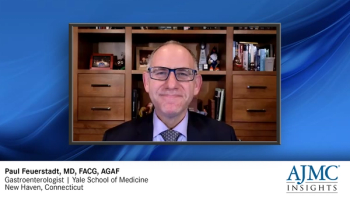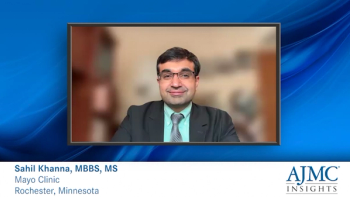
Paul Feuerstadt, MD, FACG, AGAF, discusses how testing for Clostridioides difficile is recommended for hospitalized patients or outpatients with new-onset, unexplained diarrhea who have risk factors such as recent antibiotic use, hospitalization, or older age, and how empiric treatment should be initiated while awaiting test results if there is high clinical suspension.




